The Griffith Sea Jellies Research Lab supports a team of productive research students. Discover the diverse projects undertaken by past and present students.
Filter research students
PhD students
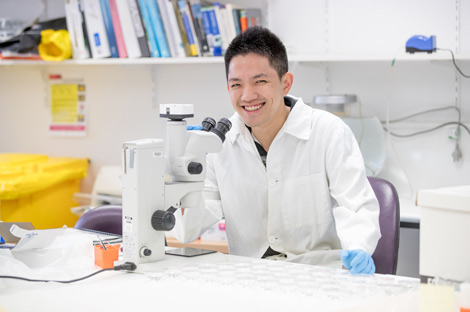
Phuping Sucharitakul – PhD candidate
Phuping is testing hypotheses about the effects of microplastics on jellyfish polyps and medusae. Phuping is co-supervised by Associate Professor David Welsh.
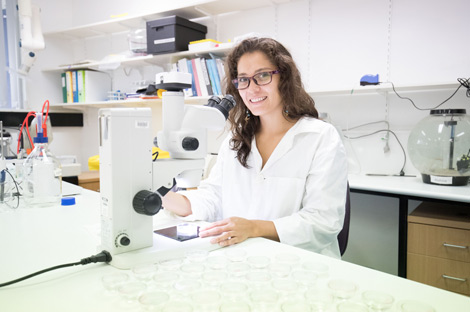
Carolina Jacobson – PhD candidate
Carolina is using an experimental approach to determine whether exposure to pollutants, such as pesticides, during one stage of the jellyfish life cycle affects subsequent life cycle stages. Her research is focusing on the photosynthetic ‘upside-down’ jellyfish, Cassiopea. Carolina is co-supervised by Professor Tony Carroll.
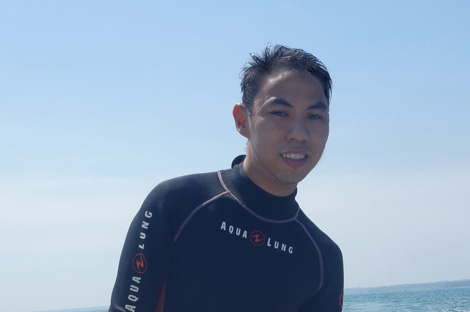
Sheldon Boco - PhD candidate
Sheldon is studying the effects of ocean warming, acidification and hypoxia on the behaviour and feeding ecology of jellyfish, including dangerous Iruakndji species. His research has been partially funded by a National Environmental Science Program grant. Sheldon is co-supervised by Dr Steve Melvin.
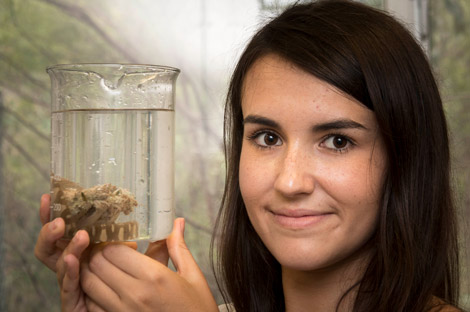
Dr Shannon Klein, PhD (2017)
Shannon used experimental approaches to test hypotheses about the responses of jellyfish to environmental stressors, including pesticides, UV radiation, hypoxia and ocean acidification. Shannon is now a post-doctoral researcher at King Abdullah University of Science and Technology, Saudi Arabia.
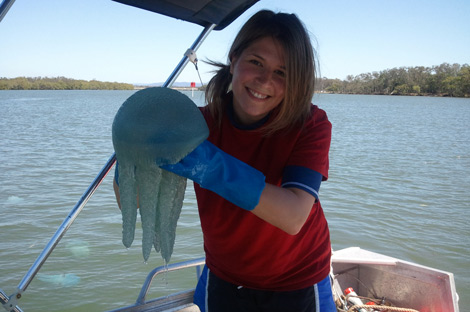
Dr Ariella Chelsky, PhD (2015)
Ariella studied the biogeochemical and ecological effects of decaying jellyfish blooms. Her research was partly undertaken in Norway, funded by a Norwegian Research Council grant, and partly in Australia. Ariella has since completed a post-doctoral position at the Louisiana Universities Marine Consortium, USA and has recently commenced a new position as a research scientist at the San Francisco Estuaries Institute. Ariella was co-supervised by Associate Professor David Welsh, Professor Rod Connolly and Dr Andrew Sweetman (Norway).
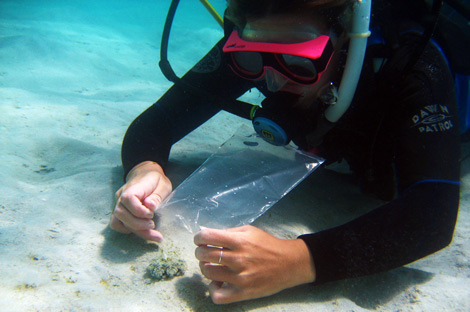
Dr Joanna Browne, PhD (2015)
Joanna studied the diversity and ecology of ecto and endoparasites in jellyfish in eastern Australia. By using molecular approaches, Jo was able to determine that jellyfish are the intermediate hosts for digenean parasites that infect some commercially important fish. Jo is now working at the Department of Water in Western Australia. Jo was co-supervised by Dr Mark Norman (Museum Victoria) and Associate Professor Tom Cribb (University of Queensland).
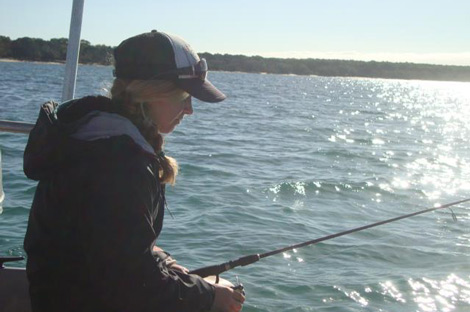
Dr Jean Davis, PhD (2015)
Jean used stable isotope techniques to test hypotheses about the movements of fish within the marine seascapes of Moreton Bay, Queensland. Jean’s project was funded by an Australian Research Council Linkage grant. Jean is now a research scientist at the Californian Department of Fish and Wildlife, USA. Jean was co-supervised by Professor Rod Connolly and Dr Andrew Olds
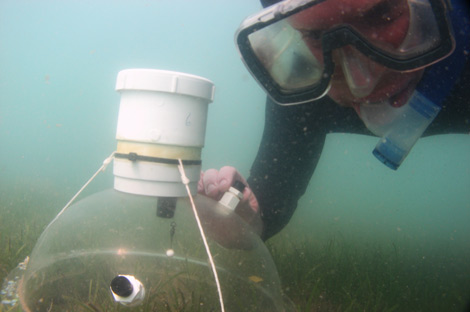
Dr Paul Maxwell, PhD (2014)
Paul used a combination of field-based experiments and Bayesian modelling to test hypotheses about ecological resilience in seagrass ecosystems. Paul’s research was funded by an ARC Linkage Grant. Paul is now a Principal Scientist at Healthy Land and Water, Queensland. Paul was co-supervised by Professor Rod Connolly.
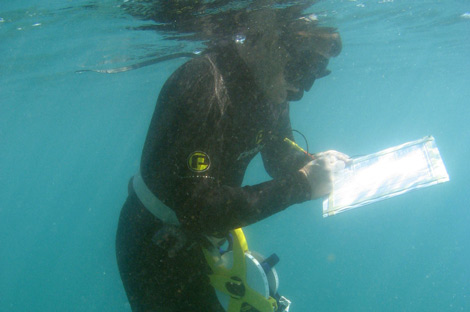
Dr Andrew Olds, PhD (2012)
Andrew tested hypotheses about the influence of habitat connectivity on the functioning of marine protected areas. His research was done in Moreton Bay, on the Great Barrier Reef and in the Solomon Islands. Andrew’s research was funded by an ARC Linkage Grant and he is now a Senior Lecturer at the University of the Sunshine Coast, Queensland. Andrew was co-supervised by Professor Rod Connolly.
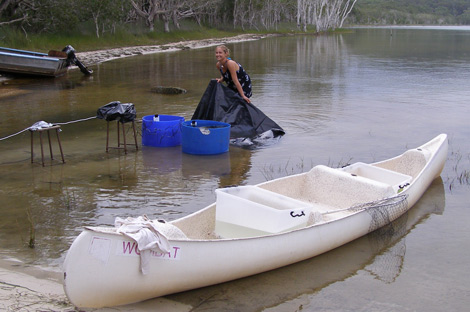
Dr Elizabeth West, PhD (2009)
Liz studied the role of zooxanthellate and non-zooxanthellate jellyfish on nutrient cycling and planktonic communities. Her project was funded by a Hermon Slade Foundation grant. Liz is an environmental scientist at Ecological Service Professionals Pty Ltd. Liz was co-supervised by Associate Professor David Welsh.
Honours students
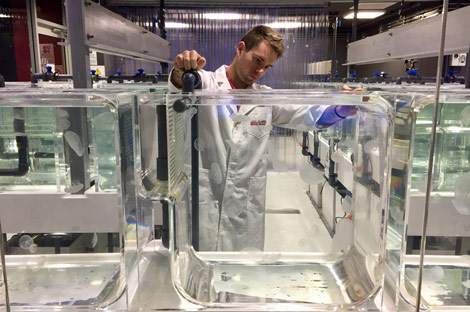
Zack Miller (2018)
Zack is using an experimental approach to measure trophic fractionating and turnover times of tissues in the moon jellyfish, Aurelia aurita.
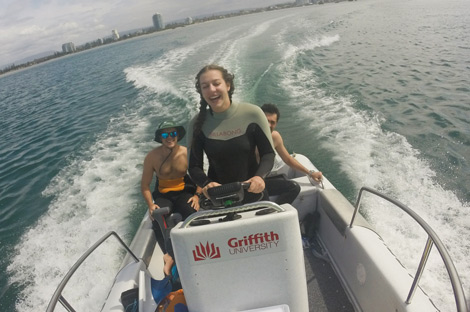
Hayley Kaminski (2017)
Hayley used stable nitrogen isotopes to assess the effectiveness of the tidally-staged release of recycled water (treated sewage effluent) through the Gold Coast Seaway. She discovered that releasing recycled water only on the outgoing tide was an effective way of dispersing the Gold Coast’s effluent and preventing contamination of the Broadwater. Hayley is now a jellyfish aquarist for Sea Jellies Illuminated at Sea World. Hayley was co-supervised by Professor Brian Fry.
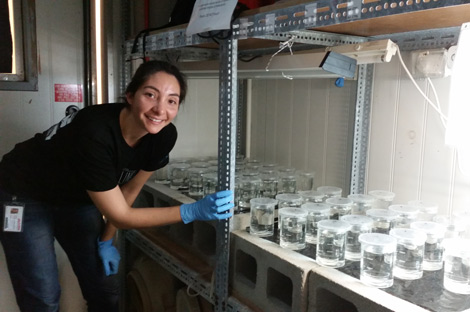
Deyanira Angulo Chinas (2016)
Deya studied the response of Irukandji jellyfish polyps to combinations of the common pesticides Atrazine and Imidacloprid. She found that polyps were surprisingly tolerant of pesticides. Deya’s research was partly funded by the National Environmental Science Program. Deya was co-supervised by Professor Tony Carroll.
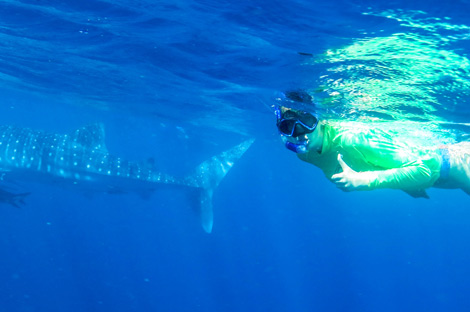
Brooke Ingram (2015)
Brooke collaborated with the Western Australian Department of Parks and Wildlife and the whale shark tourist operator Ocean Eco Adventures, to study the trophic ecology and diversity of jellyfish, including Irukandji jellyfish, at Ningaloo Reef in Western Australia. Brooke discovered an unusual symbiotic association between the moon jellyfish, Aurelia aurita and a brittle star. Brooke’s research was funded by an Australian Biological Resources Study grant. Brooke was co-supervised by Dr Peter Barnes and Associate Professor Michael Dawson (University of California, Merced).
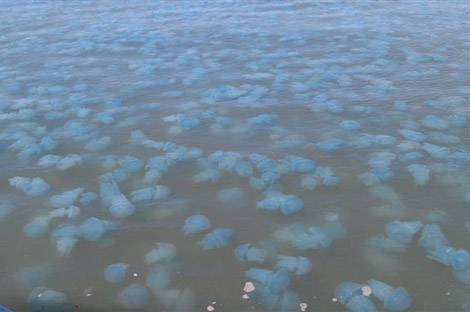
Barbara Joensen (2014)
Barbara used a 14-year data set collected by the Queensland Government’s Ecosystem Health Monitoring Program to try to identify the environmental drivers of populations of blue blubber jellyfish (Catostylus mosaicus) in Moreton Bay, Queensland. Barbara was co-supervised by Dr Jan Warnken and Michael ArthurLorem ipsum dolor sit amet, consectetur adipiscing elit. Donec sit amet ipsum dignissim, egestas nisl quis, pulvinar justo. Praesent dictum leo in elementum scelerisque. Nulla lorem mauris, ultrices a consectetur et, tristique quis augue.
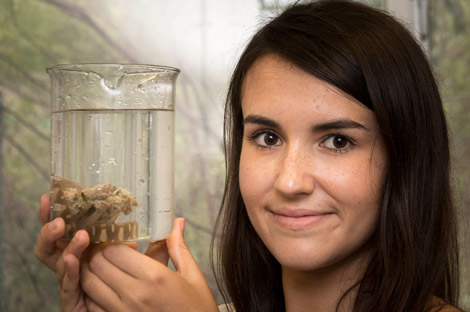
Shannon Klein (2012)
Shannon used laboratory-based experiments to test hypotheses about the response of Irukandji jellyfish to climate stressors. Her research specifically assessed whether Irukandji jellyfish could tolerate the ocean temperature and pH conditions predicted to occur in southeast Queensland. Shannon’s research generated substantial media attention (the photo shows Shannon giving a live interview on national television).
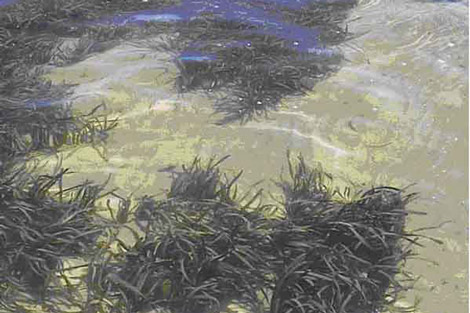
Chris Henderson (2012)
Chris used a field-based experiment to test hypotheses about the role of grazing in maintaining unvegetated ‘halos’ around coral reefs in Moreton Bay. Chris was co-supervised by Professor Rod Connolly and Dr Dana Burfeind.
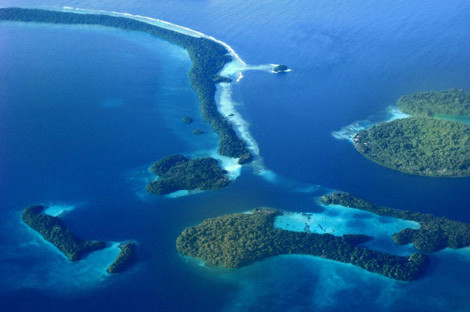
Ted Stone (2011)
Ted’s research was undertaken in the Solomon Islands and investigated the role of marine protected areas and habitat connectivity on fish assemblages. Ted was co-supervised by Professor Rod Connolly and Dr Andrew Olds.
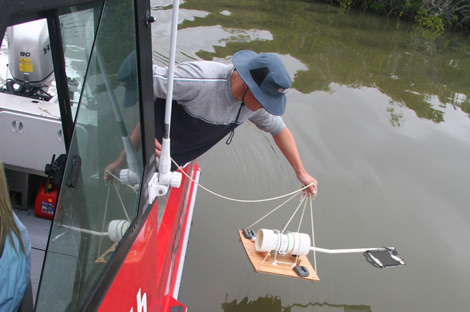
Chris Beattie (2010)
Chris used baited remote underwater videos (BRUVS) to assess rates of scavenging inside and outside marine reserves in Moreton Bay, Queensland. Co-supervised with Professor Rod Connolly.
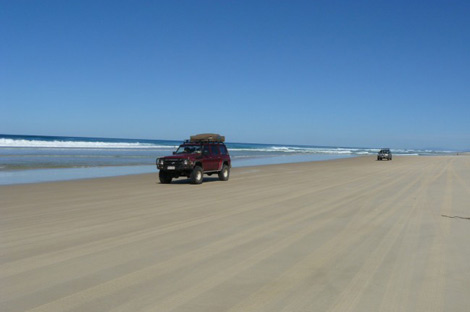
Natalie Sheppard (2009)
Natalie studied the effects of recreational vehicles driving on beaches on the burrowing behaviour of surf clams (commonly called ‘pipis’). Natalie was co-supervised by Professor Thomas Schlacher (University of the Sunshine Coast).
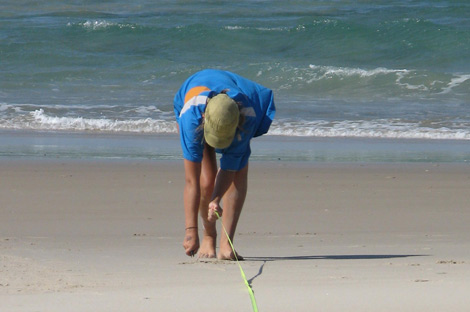
Alisha Christie (2007)
Alisha studied the effects of habitat protection and abundances of surf clams in the Cape Byron Marine Park, NSW. Alisha’s research was funded by the NSW Marine Parks Authority.
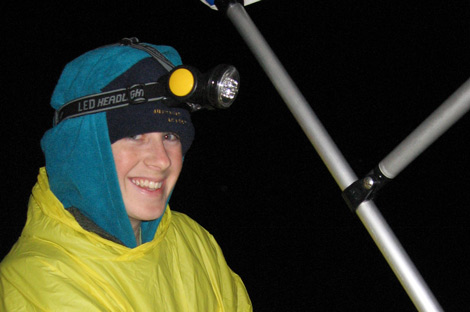
Erin Carr (2005)
Erin investigated the effects of jellyfish on behavioural responses of zooplankton. Her research was undertaken in Moreton Bay, Queensland at Smiths Lake, NSW.

Amy Lewis (2003)
Amy used settlement plates to test the effects of surface orientation on settlement of epibiota in Gold Coast waterways.
Are you interested in collaborating or joining our research team?
The Griffith Sea Jellies Research Lab is always keen to pursue new collaborations. If you are interested in collaborating or undertaking your PhD or honours research with us then please contact Associate Professor Kylie Pitt.